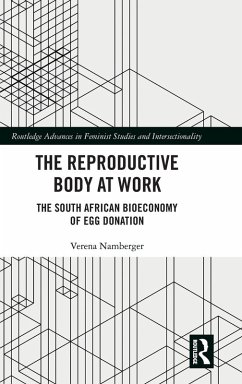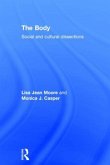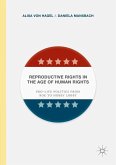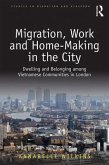The transnational industry surrounding assisted reproductive technology and regenerative medicine is based on the unacknowledged labour of gamete providers, surrogates and research subjects, and benefits from low labour costs in 'enabling' sectors such as logistics and transport. This finding calls for a comprehensive analysis of how the contemporary intersection of neoliberal capitalism and the life sciences - in short, the bioeconomy - capitalises on the body and its (re)productive capacities. The Reproductive Body at Work uptakes this challenge as it explores the relations between value production, labour and the body in one particular realm of the global bioeconomy: the South African bioeconomy of 'egg donation'. It highlights different forms and dimensions of unacknowledged or precarious human labour that are constitutive for the procurement, brokering and circulation of oocytes as valuable resources. The analysis illustrates that the respective organisation of value and labour renegotiate what 'the' (re)productive body can do, which status and roles it is ascribed, which cultural and economic values it signifies and how it is experienced and enacted within a matrix of intersectional power relations. A theoretically profound contribution to the interdisciplinary debate on 'New materialism', The Reproductive Body at Work will appeal to students and researchers interested in fields such as gender studies, medical anthropology, cultural studies, sociology, political economy and science and technology studies.
Hinweis: Dieser Artikel kann nur an eine deutsche Lieferadresse ausgeliefert werden.
Hinweis: Dieser Artikel kann nur an eine deutsche Lieferadresse ausgeliefert werden.








